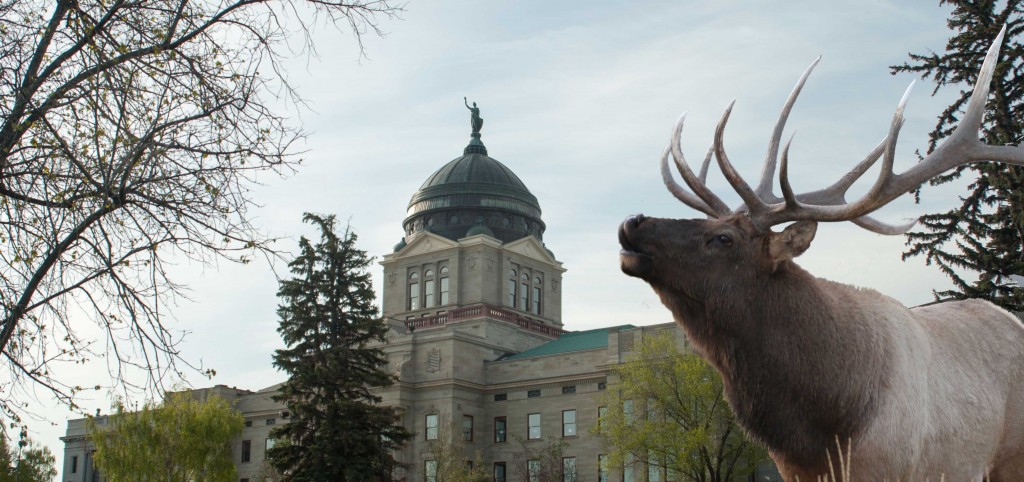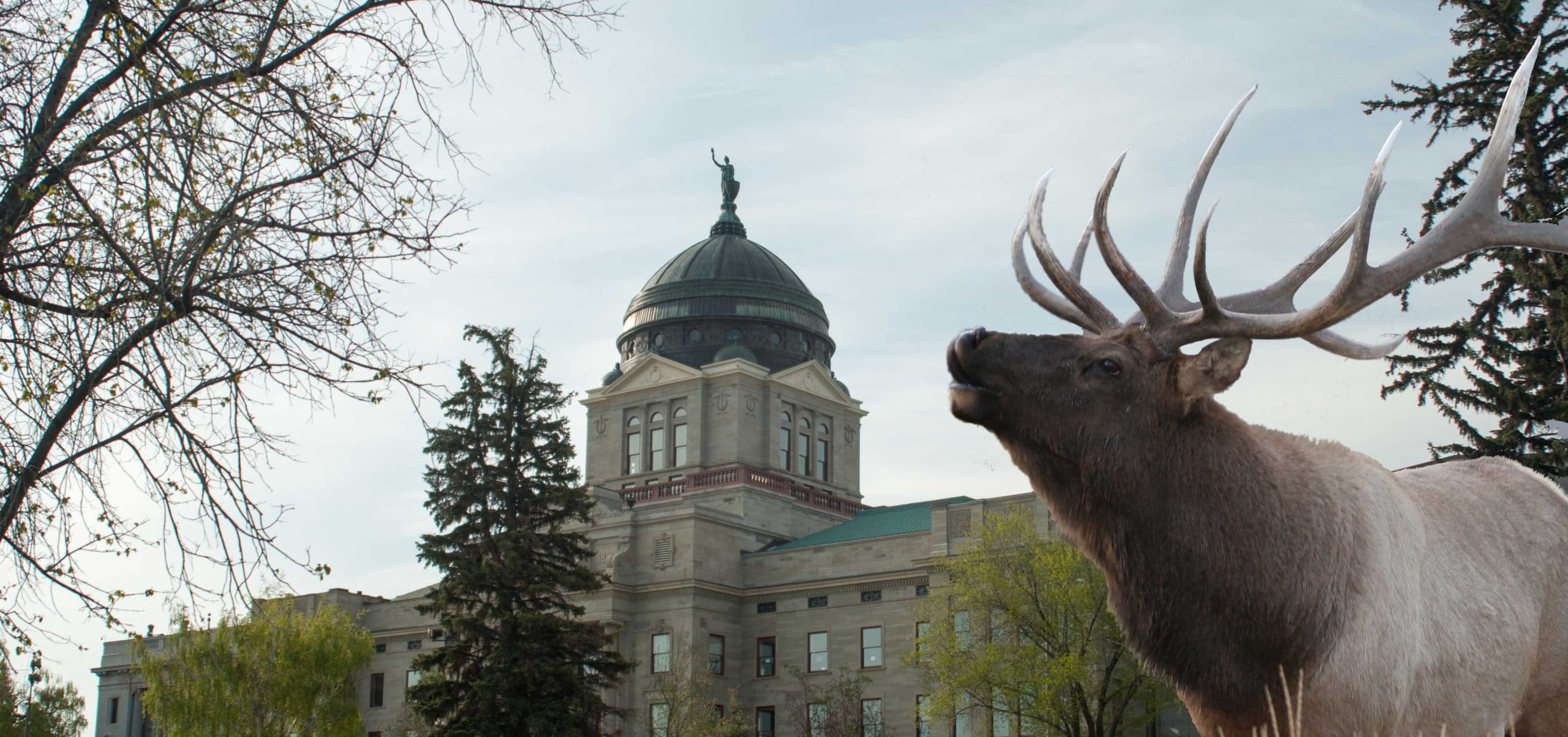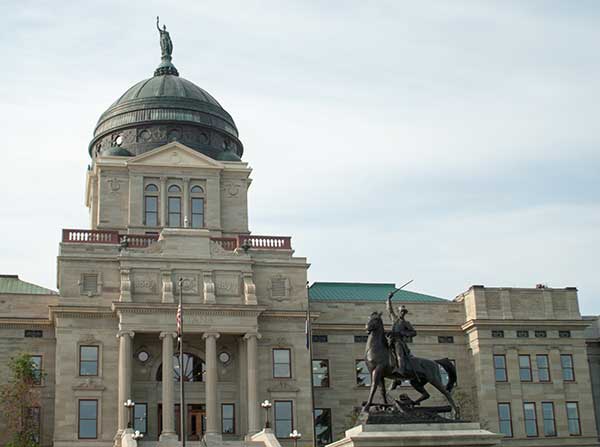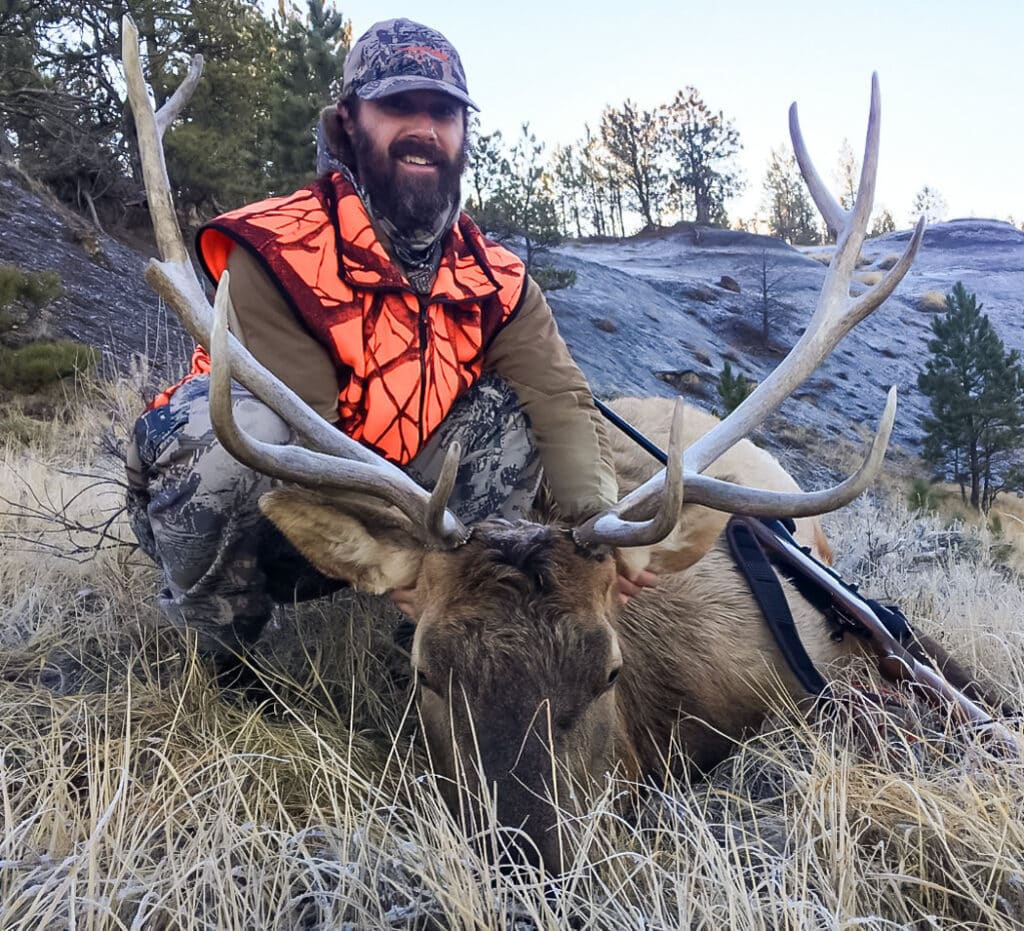
The Legislature is nearly at the halfway point and that means transmittal, when most bills must have passed one chamber in order to stay alive. That caused a rush of bills to be passed – or die – last week, as committees took up executive action on numerous measures. Here’s the rundown:
Wilderness Releases
The Montana Wildlife Federation and our conservation partners worked to turn out volunteers to opposed HJ 9, a resolution that calls on Congress to release hundreds of thousands of acres of Wilderness Study Areas from consideration for wilderness designation. The hearing drew more than 70 opponents, but the bill passed out on Friday. MWF and our partners will continue to fight this misguided proposal on the House floor.
Public Lands Resolutions
Two good resolutions to put Montana on record against the sale or transfer of federal public lands where heard this week, with one in each chamber (SJ 17 and HJ 11). MWF and our volunteers were there to testify, but both were killed in committee. Attempts to blast them onto the floor of their respective chambers were also defeated.
Public Lands Day
On a positive note, HB 491 to designate March 1 as Public Lands Day to honor our public lands was heard and drew wide support. The bill passed out of the House FWP Committee and is going to the House floor this week.
State Parks Changes
This week was a busy one for the state parks division of FWP. The House FWP Committee passed out HB 324, which would make changes to how the parks are administered, including letting the State Parks Board select the director of the division. In addition, the committee heard HB 454, which would have moved the parks department to the Department of Commerce. Both bills would be bad for FWP and could have jeopardized millions of federal hunting and fishing equipment excise taxes. MWF continues to oppose these bills.
Grizzly Delisting Resolution
MWF testified against HJ 15, a resolution that calls on Congress to delist grizzly bears from the federal Endangered Species List for the entire state. Although MWF supports the delisting of the Greater Yellowstone Ecosystem grizzly population, we do not support a statewide delisting, nor do we support Congress doing an end run around the U.S. Fish and Wildlife Service process to use science to make a decision.
Hunter Pink, Lighted Nocks Go Down
The Senate Fish and Game committee tabled SB 237, which would have allowed blaze pink as an option for meeting the hunting safety requirement. It also tabled SB 225, which would have made legal lighted nocks for archery hunting equipment. MWF opposed the equipment change because lighted nocks were just approved by the Fish and Wildlife Commission, which is where such decisions should be made.
As always, check the Montana Wildlife Federation bill tracker at montanawildlife.org for the most up-to-date information on bills and where they’re at in the process. For questions, contact MWF Conservation Director Nick Gevock at ngevock@mtwf.org or by calling 458-0227 ext. 108.




